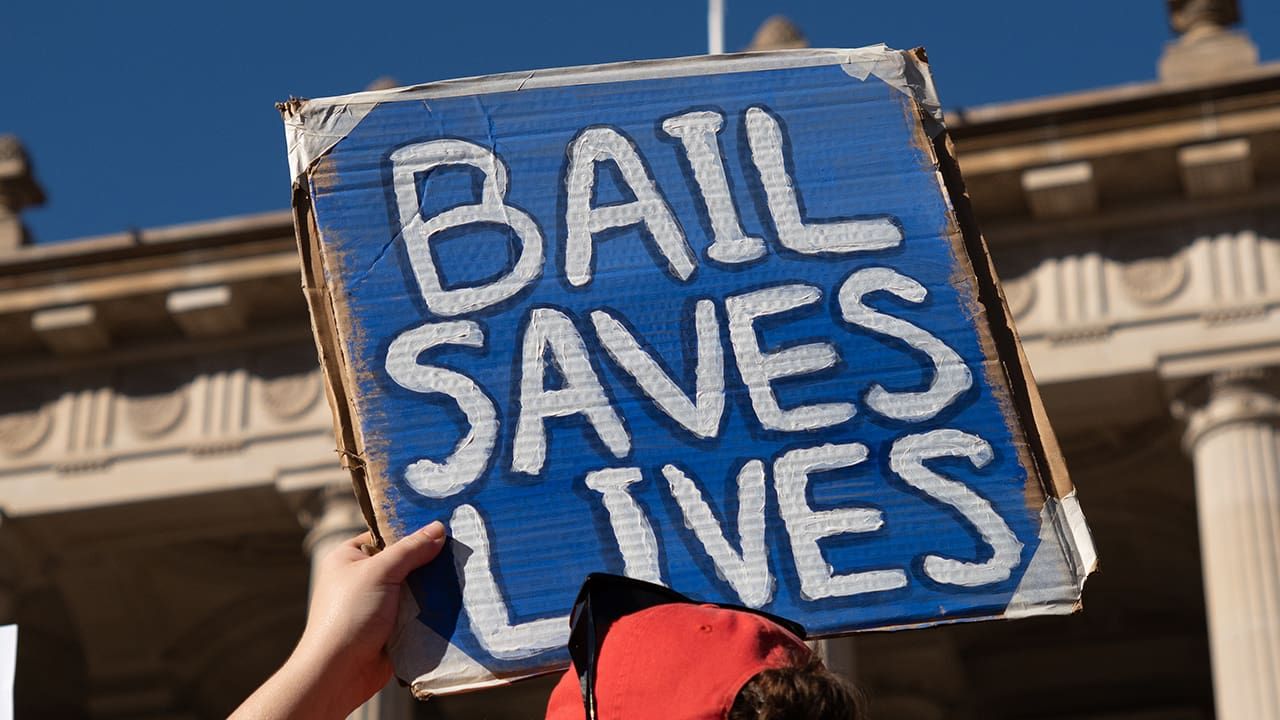Expertise
Criminal Penalties
SPEAK WITH A CRIMINAL LAWYER
Criminal Law Specialists
Our team has expertise in all areas of criminal law, handling cases from affray, theft, fraud, and assault to more severe charges, including murder, traffic offences, drink driving, drug-related matters, and beyond.
24/7 Criminal Law Advice
We provide around-the-clock legal advice across Sydney. No matter the time, we’re here to advise you on your case, with your first consultation completely free of charge.
Top-Tier Team
Our criminal law team is led by a former police officer and senior police prosecutor, offering unmatched insights into court procedures and legal intricacies.
Extensive Experience
With years of courtroom experience, we handle most summary matters directly, often bypassing the costly necessity of engaging barristers, making our services efficient and effective.
Here To Help
Have you been charged with a criminal offence and are wondering what penalties you might be facing if convicted? The consequences can be serious and may include hefty fines, a criminal record, and potentially even prison time.
At Kells, our criminal defence team will provide you with clear, expert advice on the potential outcomes of your case. We’ll walk you through the legal process, explain the penalties you could face, and work with you to explore all possible avenues for minimising the consequences.
How Can Our Criminal Lawyers Help?
Being charged with a criminal offence can have serious, far-reaching consequences. The penalties you may face range from modest fines to significant prison time, depending on the nature, severity, and frequency of the offence. Understanding the full scope of potential penalties is important to protect your future.
Our experienced Sydney criminal defence lawyers at Kells will take the time to thoroughly assess your case and clearly explain the penalties you could be facing if convicted. We’ll break down the legal jargon and give you a straightforward understanding of what’s at stake. More importantly, we’ll provide you with strategic advice on how to manage these potential consequences and offer you the best chance to minimise the penalties.
Our team is committed to defending your rights and listening closely to your side of the story, so you know you’re heard. Whether you're up against serious charges or are worried about the long-term effects of a conviction, we are here for you through every stage of the process.
There are two sides to every story. When you need someone to hear your side, and take it, choose Kells.
Frequently Asked Questions
Get Expert Criminal Law Advice
If you would like to discuss your case with our criminal team, please get in touch. We are available 24/7 to help you and offer a free initial consultation.
Related Articles
Speak to a Criminal Lawyer
We’ll stand by you and protect your rights every step of the way—no matter the charge.









